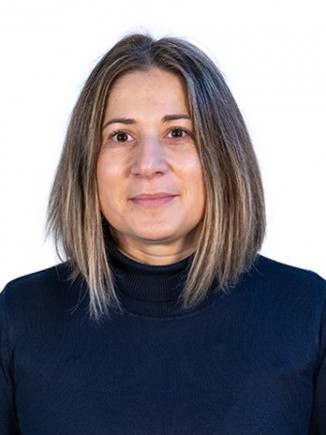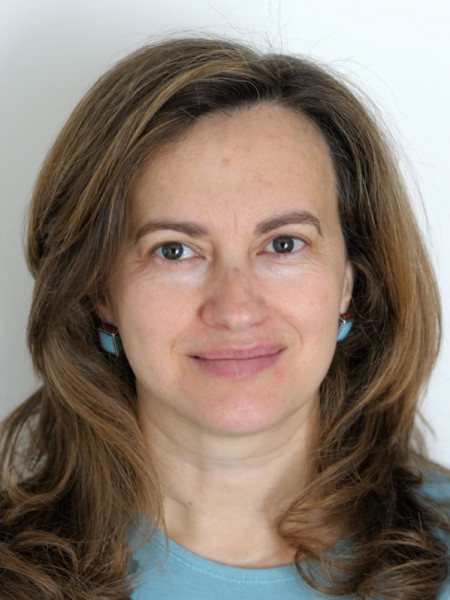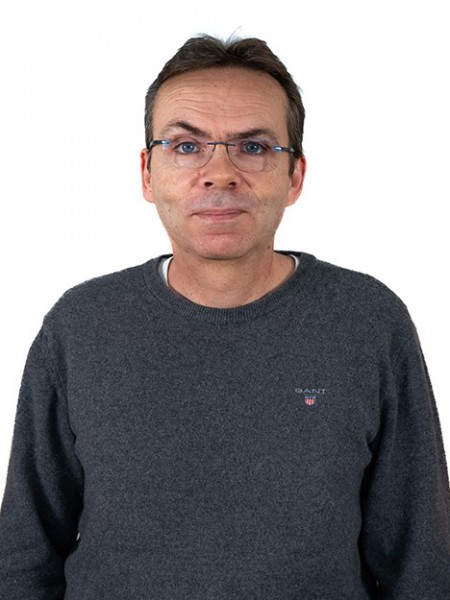abstract
The zinc-substituted polyoxotungstate [PW11Zn(H2O)O-39](5-) (PW11Zn) has been encapsulated within the aluminium(III) 2-aminoterephthalate NH2-MIL-101(Al) metal-organic framework (MOF) either directly through a one-pot microwave-assisted synthesis or by an impregnation method. The resultant composite materials were characterized by elemental analysis, powder X-ray diffraction, FTIR spectroscopy, and P-31 magic-angle spinning (MAS) NMR spectroscopy. The desulfurization of a model diesel containing three refractory organosulfur compounds (1-benzothiophene, dibenzothiophene, and 4,6-dimethyldibenzothiophene) was studied with the ionic liquid 1-butyl-3-methylimidazolium hexafluorophosphate as an extractant, the PW11Zn@MOF composites as sulfoxidation catalysts, and aqueous H2O2 as an oxidant. The composite obtained by direct synthesis was the most efficient catalyst and led to almost complete desulfurization of the model diesel under mild conditions. Moreover, the solid catalyst could be recovered readily and recycled without significant loss of desulfurization performance. The application of this system to the treatment of a real diesel sample provided a very good sulfur removal of 83% when combined with liquid-liquid extraction.
keywords
METAL-ORGANIC FRAMEWORK; POLYOXOMETALATE-BASED MATERIALS; TEMPERATURE IONIC LIQUIDS; X-RAY-SCATTERING; OXIDATIVE DESULFURIZATION; PHOSPHOTUNGSTIC ACID; HETEROGENEOUS CATALYSTS; DEEP DESULFURIZATION; SELECTIVE OXIDATION; ROOM-TEMPERATURE
subject category
Chemistry
authors
Juliao, D; Gomes, AC; Pillinger, M; Valenca, R; Ribeiro, JC; de Castro, B; Goncalves, IS; Cunha Silva, L; Balula, SS
our authors
acknowledgements
This work was partly funded through the projects REQUIMTE-LAQV [FCT (Fundacao para a Ciencia e a Tecnologia) Ref. LAQV, REQUIMTE (UID/QUI/50006/2013)] and CICECO - Aveiro Institute of Materials (POCI-01-0145-FEDER-007679, FCT Ref. UID/CTM/50011/2013), financed by national funds through the FCT/MEC and when appropriate cofinanced by the Fundo Europeu de Desenvolvimento Regional (FEDER) under the PT2020 Partnership Agreement. The FCT and the European Union (EU) are acknowledged for grants to D. J. (SFRH/BD/102783/2014) and A. C. G. (SFRH/BPD/108541/2015) cofunded by Ministerio da Ciencia, Tecnologia e Ensino Superior (MCTES) and the European Social Fund through the program POPH of QREN.





